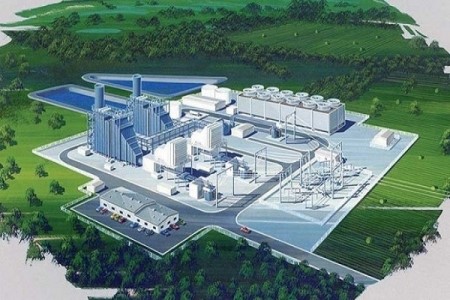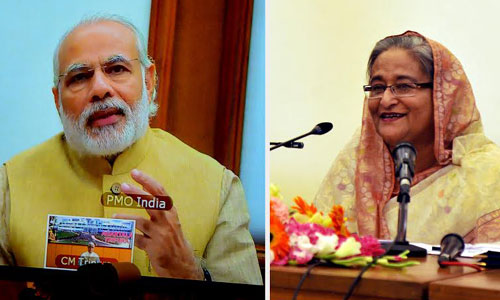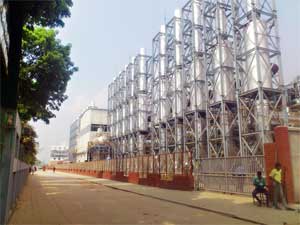The electricity production costs are falling in the country along with the decrease in international oil prices. However, the electricity prices are not being reduced. On the contrary, Bangladesh energy regulatory commission (BERC) has continued to increase the electricity price.
The power development board (PDB) receives electricity at a much lower price from the government-approved private power companies who are furnace oil themselves. However, the proposal of PDB to increase the price of electricity price does not reflect that price. The proposal contains the government-fixed oil price and BERC is processing the proposal to increase electricity prices on the basis of that oil price. Experts said that there is no need to increase electricity prices at the moment.
Sources in the ministry of power, energy and mineral resources said the government so far gave approval to 11 rental and quick rental power companies to import furnace oil for their use. Six to seven of the companies have already started importing the fuel. Almost 730 megawatts of electricity is being generated presently, through their imported fuel.
PDB is getting Tk 10 per unit of the electricity on an average from the rental and quick rental power projects. The furnace oil costs around Tk 30 to 32 per litre for the companies to generate electricity.
On the other hand, the power plants using the government-provided furnace oil have to pay Tk 62 per litre. That is why the electricity costs around Tk 16-17 per unit for them. If the price of the furnace oil is balanced with the international market, then the average electricity production price of the rental and quick rental power plants would come down to Tk 10 per unit, which is equal to the price of the coal-based power plants.
Meanwhile, special assistant to the chief adviser of the former caretaker government, for the ministry of power, energy and mineral resources, M Tamim said the average electricity production cost of some companies has come down to Tk 6 from Tk 6.5 because of the low fuel price. The fuel-based power plants in the country are producing more than 2500 megawatts of electricity. The average power production cost will come close to Tk 5 if all of them avail fuel at low price. As a result, electricity prices would not be increased.
On the other hand, electricity prices have come down a little as the government renewed the agreement with the rental and quick rental to buy electricity. Sothere is no valid reason to increase electricity prices at the moment.
The rental and quick rental power plants have to operate a bit longer as the coal-based power plants are delayed. The number of fuel-based power plants and their production also has to rise. If the fuel price are not reduced, the power production costs will reach unbearable levels.
BERC sources said, they are working on the issue. The price will increase a little. According to the public hearing on last January-February, the price of gas will increase at least 20%, and the electricity price will increase 5 to 6%. But this will not be very soon.
A meeting took place at the prime minister’s office about the increase in price. Certain complications regarding the price hike were discussed. It was said that the increase in the price was justified despite the fall in oil price. The government’s plan to subsidise liquefied petroleum (LP) gas along with increasing the gas prices was also discussed.
Price of petroleum products are likely to fall further in the international market. One of the reasons is lifting the embargo on Iran by the US and its allies. Iran was unable to sale oil in the international market because of the embargo. The flow of oil in the international market will go up, in a plummeting of prices.
Iran has offered to take huge amounts of jute bags from Bangladesh if it agrees to by oil from Iran.
Source: Prothom Alo










